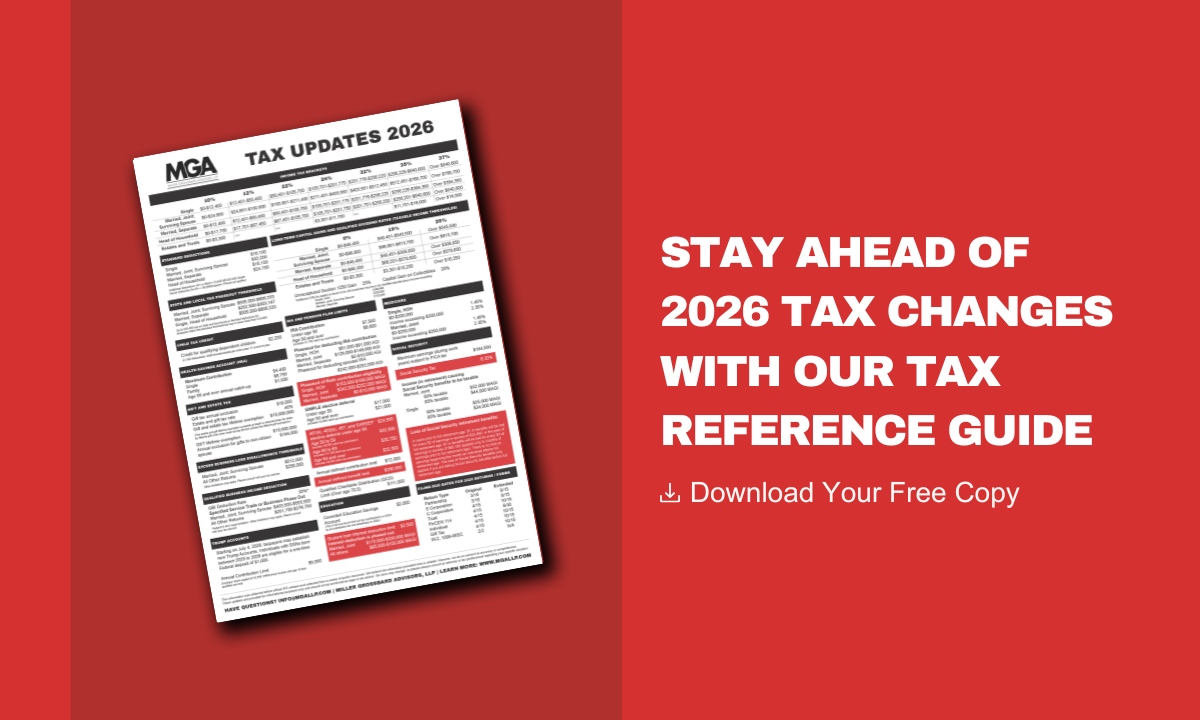Real estate investment offers numerous opportunities for financial growth, whether you're looking to diversify your portfolio or achieve long-term passive income. However, the structure through which you invest can dramatically impact your financial outcomes. While it might be tempting to go ahead and invest in real estate through an S Corporation — thanks to its appealing tax benefits and liability protection — you should think twice. The primary reason? Debt basis limitations.
Why Investors Are Drawn to S Corps — And Why They Should Be Wary
What is an S Corporation?
An S Corporation (S Corp) is a business structure that offers a single level of taxation, meaning it doesn't pay corporate taxes. Instead, all income, losses, deductions, and credits flow through to the shareholders. This eliminates the double taxation typically associated with C Corporations.
Why S Corps Seem Attractive
The S Corp structure is popular for small businesses and entrepreneurs for several reasons:
- Single level of taxation
- Personal asset protection
- Ease of ownership transfer
These advantages make it tempting to consider an S Corp for real estate investment.
The Catch: Debt Basis Limitations
However, there's a catch: debt basis. In an S Corp, your ability to claim losses against your investment is restricted to the actual money you've invested in the property — nothing more. In the event that the property generates a loss, you can only offset this against your 'stock basis,' which is essentially the money you’ve put into the property.
Contrast with Partnerships
When you invest in real estate through a partnership or a Limited Liability Company (LLC) taxed as a partnership, the rules are different. Not only can you claim losses based on the money you've invested, but you can also account for your share of any borrowed funds used to purchase the property. This allows for greater financial flexibility and potentially higher returns on investment.
Example: S Corp vs. Partnership
Consider two scenarios: In the first, you invest $50,000 in a property through an S Corp, and in the second, you invest the same amount in a partnership. Both properties incur a $100,000 loss in the first year.
- S Corp: You can only claim losses up to $50,000.
- Partnership: If you also had a $50,000 share of borrowed funds, you could claim the entire $100,000 loss, thereby optimizing your tax position.
Keep in mind that you need to qualify as a real estate professional and materially participate in managing your real estate to ensure your ability to deduct passive losses that are in excess of your passive income. If you do not meet these requirements, your losses from the real estate activity will be limited to your passive income from all of your activities. For further information on these rules, please consult with MGA.
Takeaways: Why the S Corp Falls Short for Real Estate Investors
Investing in real estate is already complex, and the structure through which you invest can add another layer of complexity. While S Corps may offer benefits for other types of businesses, they are generally not advisable for real estate investment primarily due to their debt basis limitations. It’s crucial to understand these limitations and consider alternative structures like partnerships or LLCs that offer more flexibility and greater financial benefits.
Our goal is to give you the insights you need to make smart choices in your real estate investments, especially when it comes to picking the right business structure. The intricacies of debt basis limitations in S Corps can greatly affect your financial outcomes, so understanding these nuances is key. If you have more questions or would like personalized advice on how to best structure your real estate investments, don't hesitate to reach out.
We are here to make the complex simple, especially in navigating the labyrinth of tax rules that affect the real estate industry.
.png?width=191&name=mgalogofinal-01%20(3).png)





